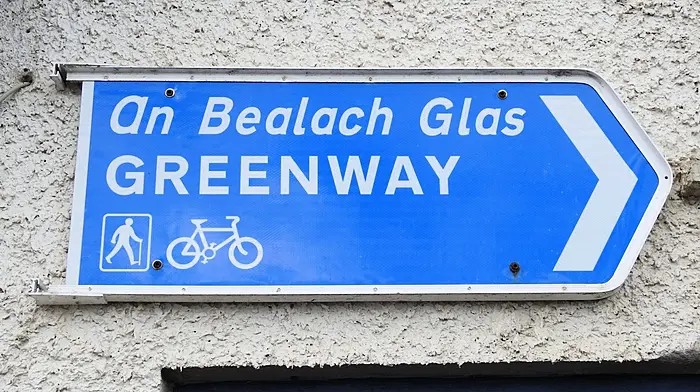With the government having announced that it plans to sell off a 25% stake in Allied Irish Bank – 99% of which it owns since it bailed out the troubled financial institution seven years ago – there has been some debate about how the estimated €3bn the sale is likely to realise should be spent.
WITH the government having announced that it plans to sell off a 25% stake in Allied Irish Bank – 99% of which it owns since it bailed out the troubled financial institution seven years ago – there has been some debate about how the estimated €3bn the sale is likely to realise should be spent. Several opposition politicians have been saying that it should be used to build more social houses in order to address our severe homelessness problem, while others maintain it should be put towards reducing waiting lists in the public health sector or for urgently-needed infrastructural works.
While these intentions are good, the government is not for turning and says it is obliged to use the amount it receives to pay off some of our massive national debt and, thereby, reduce the ratio of debt to GDP, which is far too high, and our interest bill. We certainly should not be passing on any more of the debt than we have to to future generations.
The government pumped €21bn into AIB and, effectively, nationalised the bank, which has returned to modest profits in the past three years, making shares in it attractive to the markets once again. If the sale of a 25% shareholding only yields €3bn, unless the other tranches, to be sold in future years, realise higher prices, the Irish taxpayer will be left with a potential loss of several billions, so it is vital that the sales of the remaining shares are timed properly so that they can ultimately finance paying the full €21bn invested in AIB off the national debt.
Fiscal rules prevent the government from using the monies raised by divesting itself of bank shares for anything other than towards paying off the national debt. Indeed, only this week, the Irish Fiscal Advisory Council (IFAC), in its 12th Fiscal Assessment Report, was warning again against breaching fiscal rules due to the fact that it could trigger sanctions against the country.
Its main finding is that ‘a strong cyclical recovery is expected to continue in the near term, so that further fiscal stimulus is unwarranted.’ Going forward, it says, fiscal policy should be cautious, to reflect high debt levels and risks to long-term revenue and growth.
The good news is that, beyond 2018, the fiscal rules will allow more scope for government spending to expand in line with the economy’s sustainable pace of growth, while gradually reducing debt levels. Patience would be prudent in order to avoid any risk of another downturn, especially when we cannot predict what economic shocks Brexit could bring in the coming years.
The economic recovery is still only very slowly being felt by a lot of people and there is no room for complacency about it. This month’s report by the National Competitiveness Council (NCC) warns against losing the competitive edge we were forced to attain in order to fight back during the economic downturn.
A number of factors, including wage increase demands, could lose us some of our competitiveness coming into a time of great uncertainty, caused by Brexit to the east and the Trump presidency to the west. However, the increased cost of living, especially in Dublin and other big urban areas where rents have gone through the roof, is making life difficult for workers and all of these issues need to be factored into government economic policy in order to try to find the right balance.
The NCC ‘Costs of Doing Business in Ireland 2017’ report feels that, in order ‘to protect the gains achieved to date, to further embed and sustain the recovery, and to ultimately spread the benefits of economic growth to all, we must continue to enhance all aspects of our competitiveness.’ It notes that Ireland is particularly vulnerable to negative economic shocks which are outside the influence of domestic policymakers.
The report also states that ‘infrastructure bottlenecks, skills shortages and increasing levels of industrial unrest’ are threats to our competitiveness, further warning that ‘our relative competitive position will be negatively affected if wage growth outpaces that in competitor countries.’
Commenting on the NCC report, ISME’s CEO Neil McDonnell says that, if we fail to listen to these findings, we will repeat the same mistakes that led to the crash of 2008: ‘These were disastrous for our society, economy and our people.’
While caution is the buzzword, workers cannot afford to have their living standards further eroded or undermined, and government policy must focus more on protecting them, especially those whose sacrifices got us back on the road to recovery.








